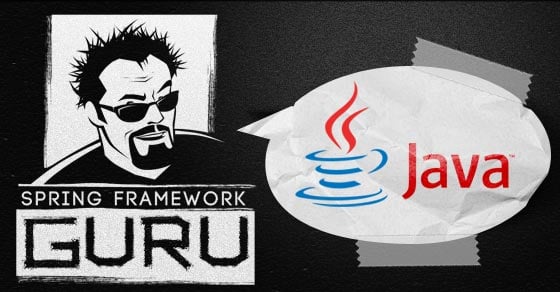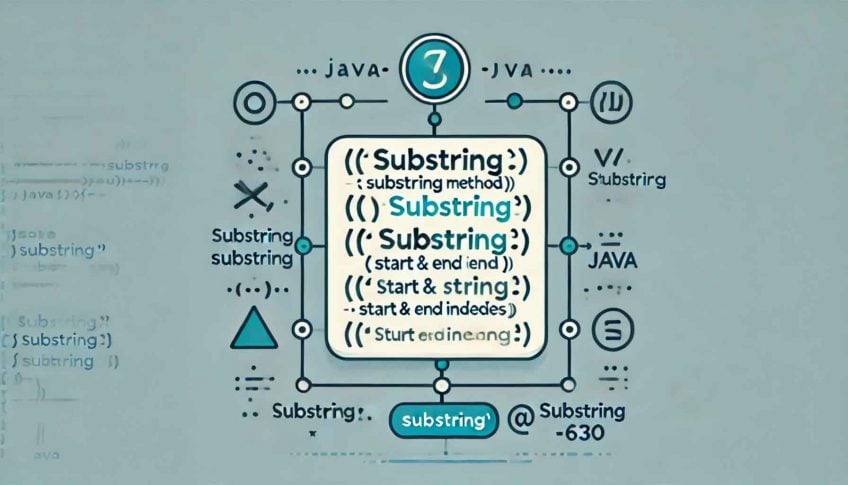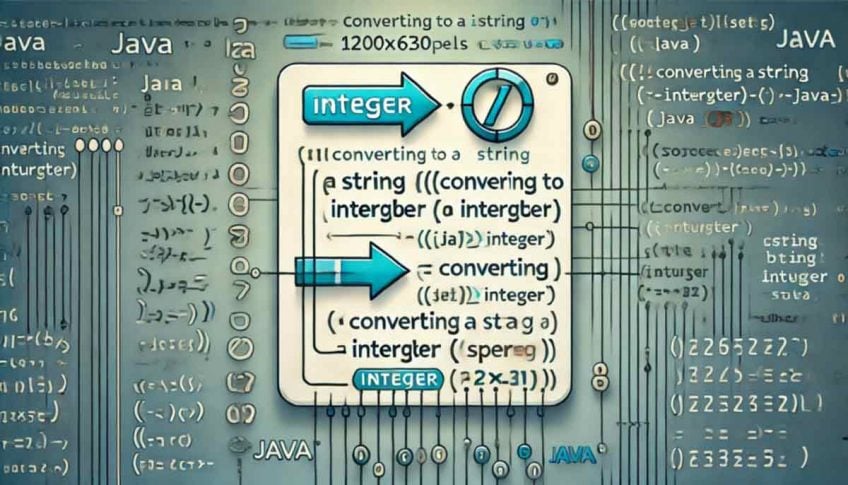How to Convert a String to char in Java
Converting a String to char is a common task in Java. Java provides several ways to achieve this. In this blog post, we’ll cover the primary methods and highlight when to use each one. String to char Using charAt() Method The most common way to convert a String to char is by using the charAt() […]Continue reading








